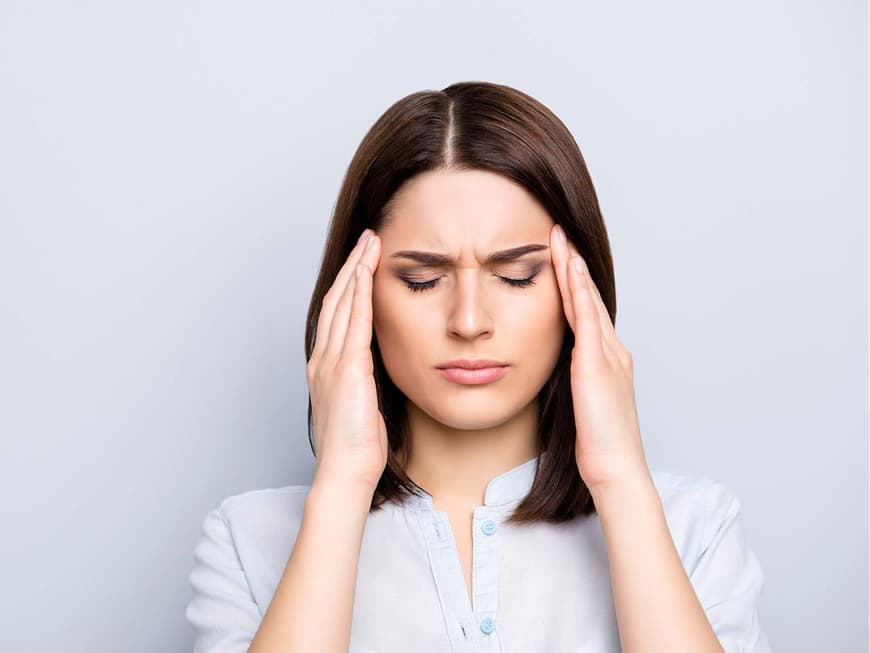
ADHD: symptoms and treatment
Whether and how ADHD is treated as an adult depends very much on the extent to which the sufferer's daily life is affected by attention deficit hyperactivity disorder. People who suffer from ADHD have the following symptoms:
- disturbed attention
- unfocused
- hyperactive
- restless
- forgetful
- impulsive
Important questions are therefore: How well do the affected person and their environment cope with the symptoms both privately and professionally? Is every day an exhausting challenge? Is alcohol or other addictive substances consumed to a greater extent to calm down? Does the affected person exhibit self-harming behavior? If the level of suffering is very high, there are good reasons for therapy. The treatment of attention deficit hyperactivity disorder is based on three pillars, which can be combined with each other. This is referred to as multimodal therapy (psychoeducation): This includes psychoeducation with informative and counseling discussions, drug therapy and psychotherapy.
Are you affected? 20 signs of ADHD
Psychoeducation
In multimodal therapy, psychoeducation forms the basis for all the forms of treatment described below. Above all, the causes and consequences of ADHD are explained. Treatment goals and suitable forms of therapy for the patient are also discussed. Depending on the severity of the ADHD and any associated mental illnesses, different forms of therapy can be used simultaneously and/or consecutively.
Psychotherapy for adults with ADHD
Behavioral therapy concepts are currently regarded as one of the most important elements in psychotherapy, as it encompasses or influences aspects that are less well achieved with medication. The patient should learn behavioral and problem-solving strategies to best compensate for ADHD symptoms in everyday life. At the same time, psychotherapy can often be used to treat associated anxiety (fear of unemployment, separation anxiety) or depression. The (partial) involvement of the partner can also be beneficial here.
Drug therapy
Sometimes psychotherapy can only be started after the ADHD symptoms have been alleviated. In this case, methylphenidate (MPH for short) is used, which originally comes from pediatric and adolescent medicine and is considered one of the best-studied substances there. Methylphenidate has a balancing effect on the disturbed balance of neurotransmitters in the brain, in particular dopamine and noradrenaline. The effect and tolerability of MPH in the treatment of adult ADHD patients have been tested in many large studies. A significant improvement in ADHD symptoms can be observed after just a short time. However, every patient responds differently to the medication, so the individual dosage must first be found. MPH is generally considered to be well tolerated and is not addictive.
Date: 10.08.2020
Author: Tanja Seiffert






